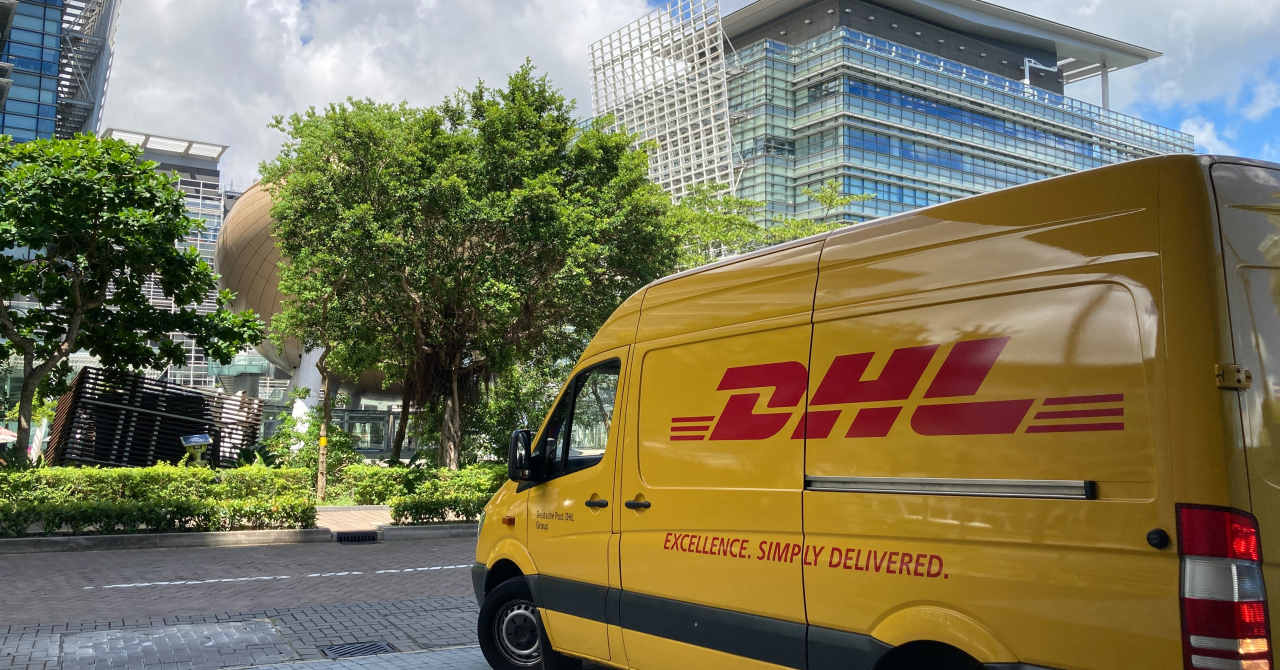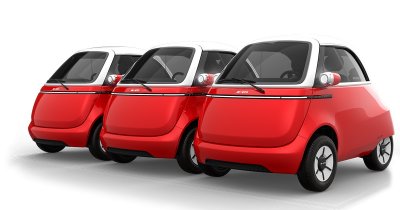According to Clean Tehnica, DHL has been using electric trucks for a few years now, starting 2020 in London, when the courier company introduced the clean alternative to deliver packages.
Pablo Ciano, Executive Vice President for Corporate Development at Deutsche Post DHL Group, said that "we are committed to meet growing customer demand for green and sustainable solutions and achieve our long-term goal of net zero emissions by 2050. As a logistics service provider, the conversion of our vehicle fleet is an important lever to help us avoid CO2 emissions on the road as well. Several of our divisions will thus benefit from this agreement with Volvo Trucks."
The 44 trucks will be used all over Europe for last-mile deliveries, and by delivering packages with FE and FL trucks, neighborhoods and cities are expected to get better air quality and lower noise levels.
Through this program, the shipping company is expected to save on some 600 tons of CO2 emissions and 225.000 liters of diesel.
DHL now wants to test long-haul electric trucks from Volvo's FM lineup, which will initially run across the UK.
Roger Alm, President at Volvo Trucks, said that "DHL is an important global logistics provider, committed to reduce its impact on climate change. Together we can make a difference for the better, aiming to reach our science-based targets to reduce our climate impacts."
In a similar way, eMAG implemented the "Green Delivery" fleet in 2020, with electric vans provided by Sameday. With the fleet of environmentally friendly vans, the company was able to reduce its carbon emissions related to last-mile deliveries by 6% compared to the previous year, avoiding the release of 142 tons of CO2.
Hopefully this will prove to be the first of many efforts from shipping and courier companies around the world in order to greenify their fleet of vehicles which they use for deliveries.
 Mihai - Cristian Ioniță
Mihai - Cristian Ioniță












Any thoughts?